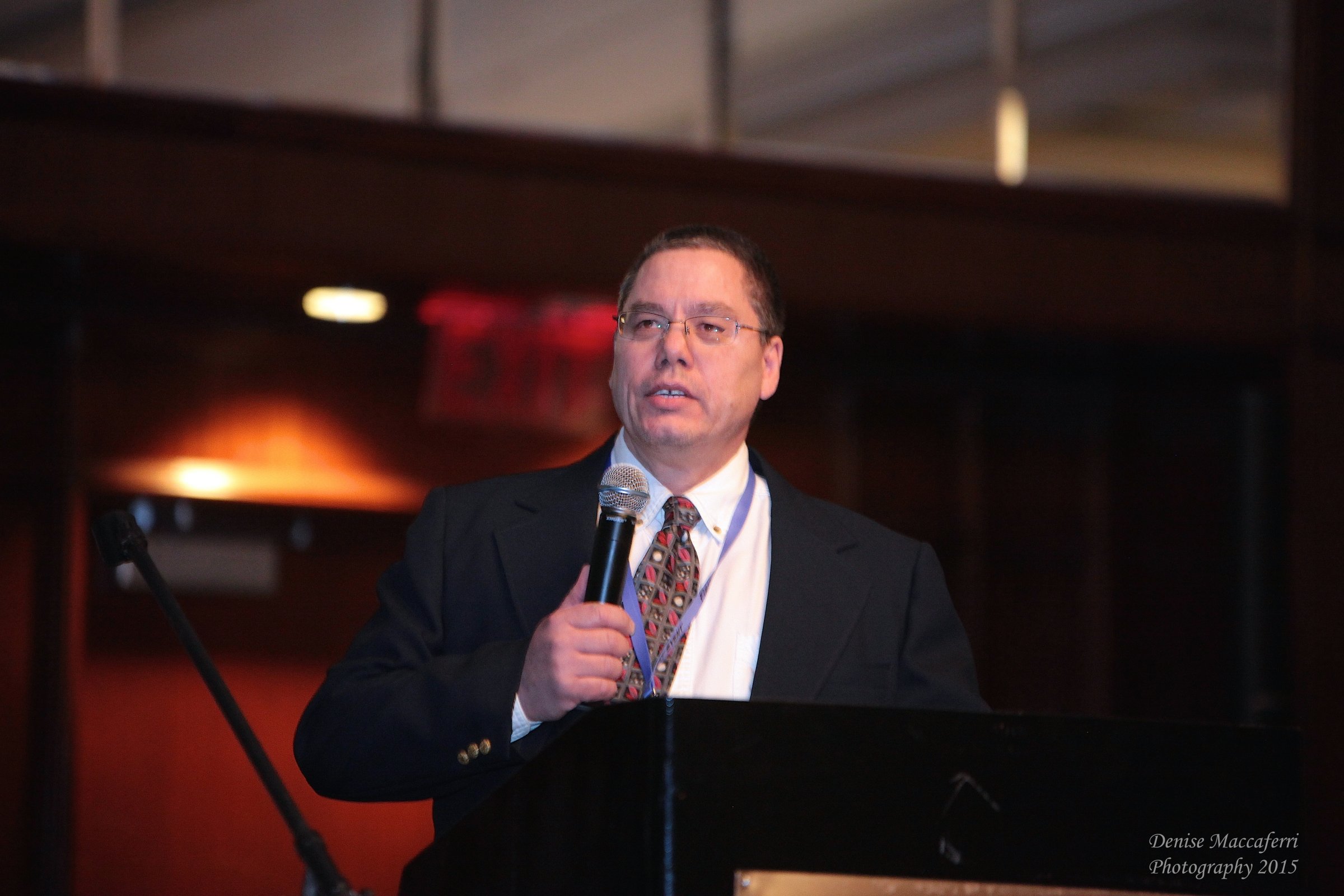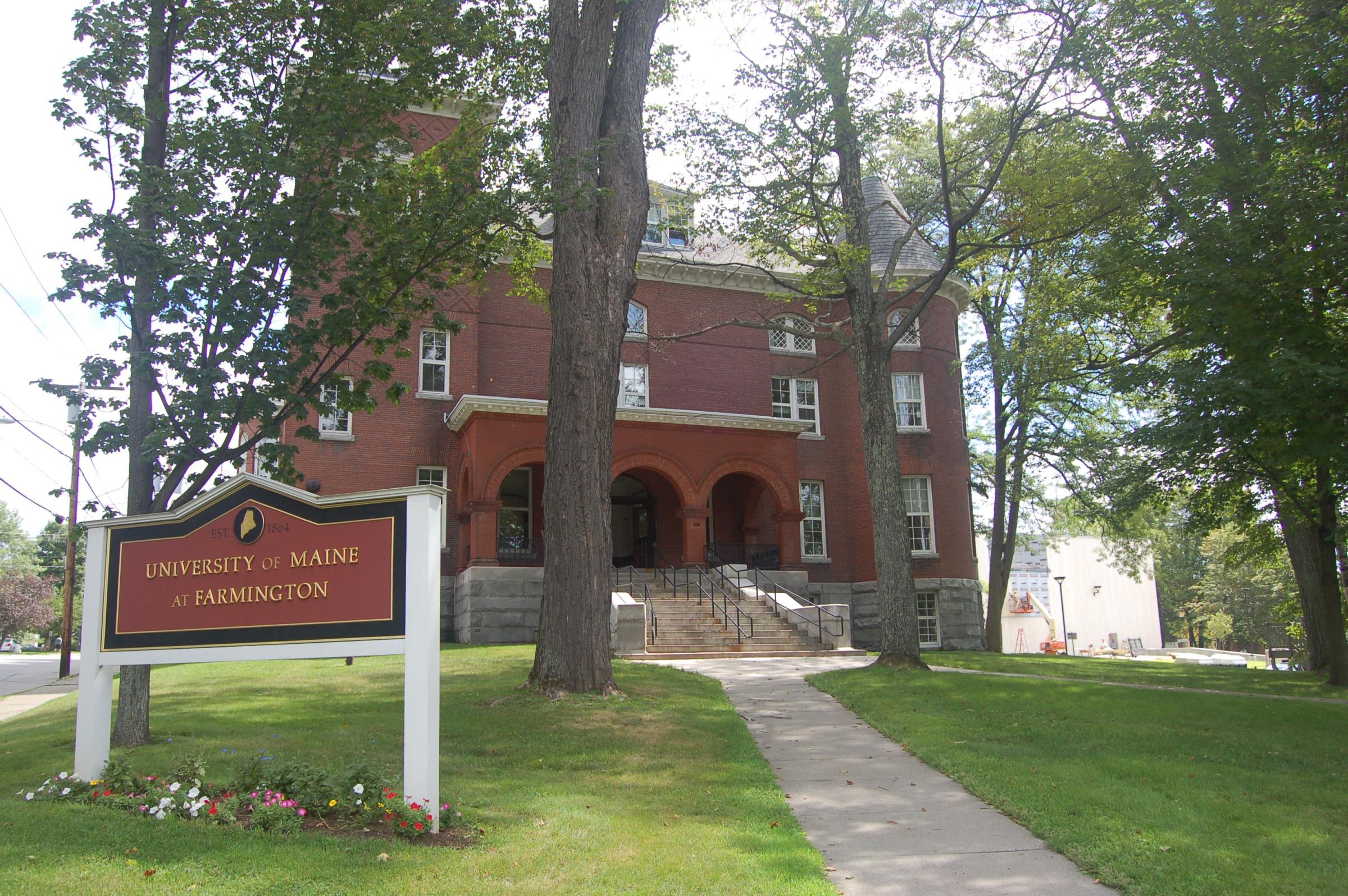
Democratic presidential candidate Hillary Clinton and her running mate, Senator Tim Kaine, have been promoting community policing efforts that encourage police officers to go out into their communities and develop new partnerships. But we must also encourage more community members to reach out to law enforcement. Helping officers truly understand and appreciate the people they serve will help break down barriers and mistrust.
I am a firm believer that most Americans—and most police officers—are good people who want to do the right things to protect our children and communities.But sometimes our biases can blind us. And sometimes law enforcement can stumble in developing and implementing policies because they have not had the opportunity to learn from experts and families in their community. Below the surface, there are still too many fears about race, religion, sexual orientation and gender that can fester and stop real progress toward full equality for every American.
I know firsthand because my fears kept me from supporting my own child, who is transgender. I was forced to explore my deepest fears so I could protect my children. Doing so helped me become a better father, a better man and a better citizen.
Our nation needs to do the same. Children and adults of every race, religion, sexual orientation and gender need to know we are willing and able to face our fears and embrace positive change. The first step requires that every law enforcement officer, politician, community leader and parent dig deep and ask, “What am I afraid of?” Facing these fears can be powerful and life-changing.

Not long ago Brock Caton, the Police Chief at the University of Maine at Farmington, reached out to me and asked if I would be willing to come to his department and conduct LGBTQ training for his officers. Shortly thereafter he asked me if the local town police, county police and county correctional officers could attend. I said, “the more the merrier.”
I am not a police officer. I am just a parent who has struggled with raising a child whom many people in our country are not ready to support. My child happens to be transgender. There are other parents who are struggling to keep their children safe because their children are African American or Muslim or just perceived as being different. We all need to reach out to law enforcement agencies and ask for an opportunity to tell our stories, to make it real for the officers in the room, to prepare them for the hard discussions and the easy answers that can come when we break through fears we might not even know we have.
I have had the opportunity to participate in a few Civil Rights Training classes conducted by the Department of Justice, and I recently was a contributing writer for a new set of resources, “Police Perspectives: Building Trust in a Diverse Nation,” a three-volume set of training materials on increasing cultural awareness, serving diverse communities and building trust. Working with these people gave me the confidence to agree to take even a bigger step forward into the law enforcement community and bare my soul.
To be successful, I knew I would need help. I invited the Associate Dean of Students from the University of Southern Maine, Sarah Holmes to join me in the training and provide much-needed expertise.
When you arrive and stare into the faces of men and women in uniform, it can be a bit intimidating. I started by showing them images of me running a trapline in Alaska, trout fishing in Wyoming and hunting moose in Maine, all designed to reveal that we have much in common. Then I showed them photos of my identical twin baby boys, quickly showing our family transition as our little boy proved that he was really our beautiful daughter Nicole. With each slide, I became more emotional. During that transition, my family faced many hardships from bullying, harassment, discrimination and serious enough threats that we had to move and live in hiding. I apologized for my emotional displays, but every person in the room was engaged. I recognized their hearts were as visible as their badges, and they were ready to listen.
At the end, there were many questions, strong handshakes and a few hugs. I felt that every one of us in the room had learned something that was going to help our communities grow. I was very proud of every law enforcement officer in that room, and I was so pleased to have had the opportunity to be asked into their home to open a powerful dialogue for change. I called my wife Kelly on the way home and said we had made some new and powerful friends tonight; our kids have some new allies who have new tools that our communities need to grow.
So often community policing focuses on the police sharing their tools while they reach out attempting to build new relationships. I hope there are other Police Chiefs like Brock Caton who will have the courage to reverse roles and let parents and community experts on race, religion, sexual orientation and gender share their tools in our police departments and jails. We must send the message that everyone is welcome.
More Must-Reads from TIME
- Where Trump 2.0 Will Differ From 1.0
- How Elon Musk Became a Kingmaker
- The Power—And Limits—of Peer Support
- The 100 Must-Read Books of 2024
- Column: If Optimism Feels Ridiculous Now, Try Hope
- The Future of Climate Action Is Trade Policy
- FX’s Say Nothing Is the Must-Watch Political Thriller of 2024
- Merle Bombardieri Is Helping People Make the Baby Decision
Contact us at letters@time.com